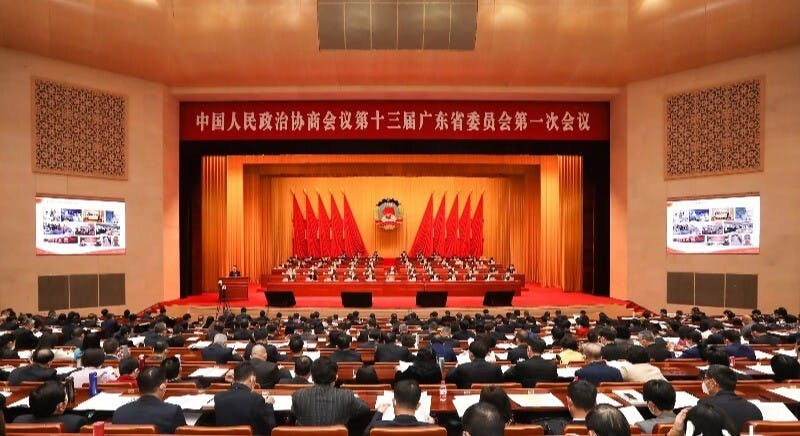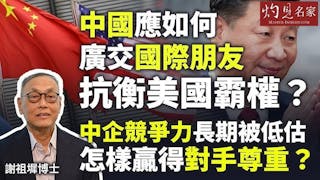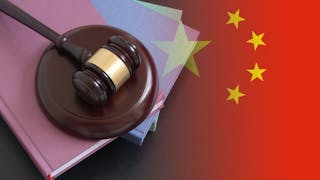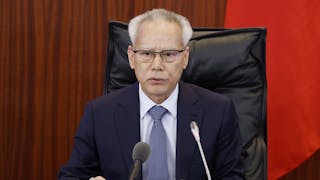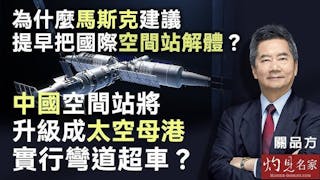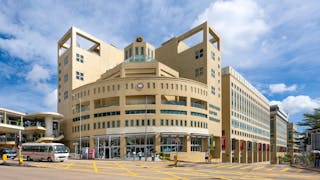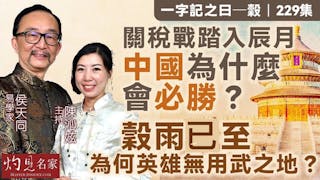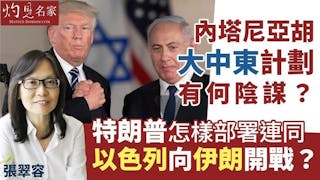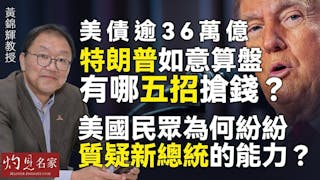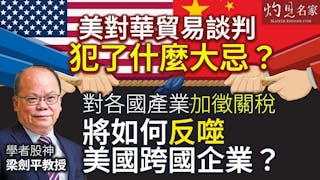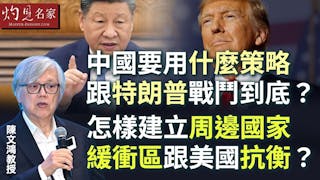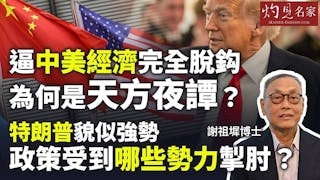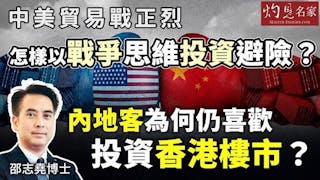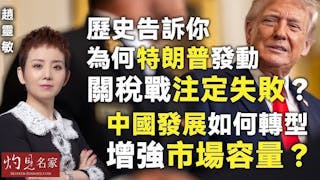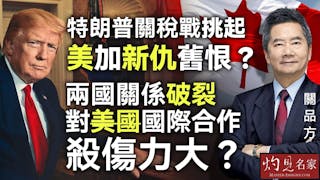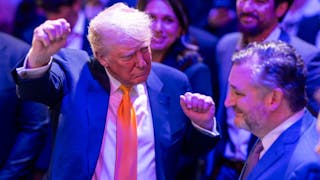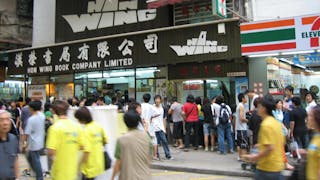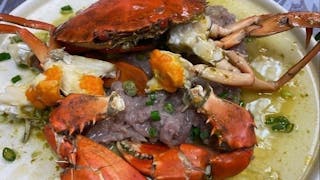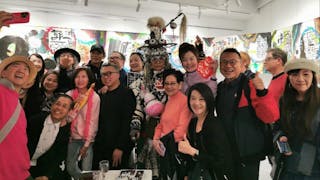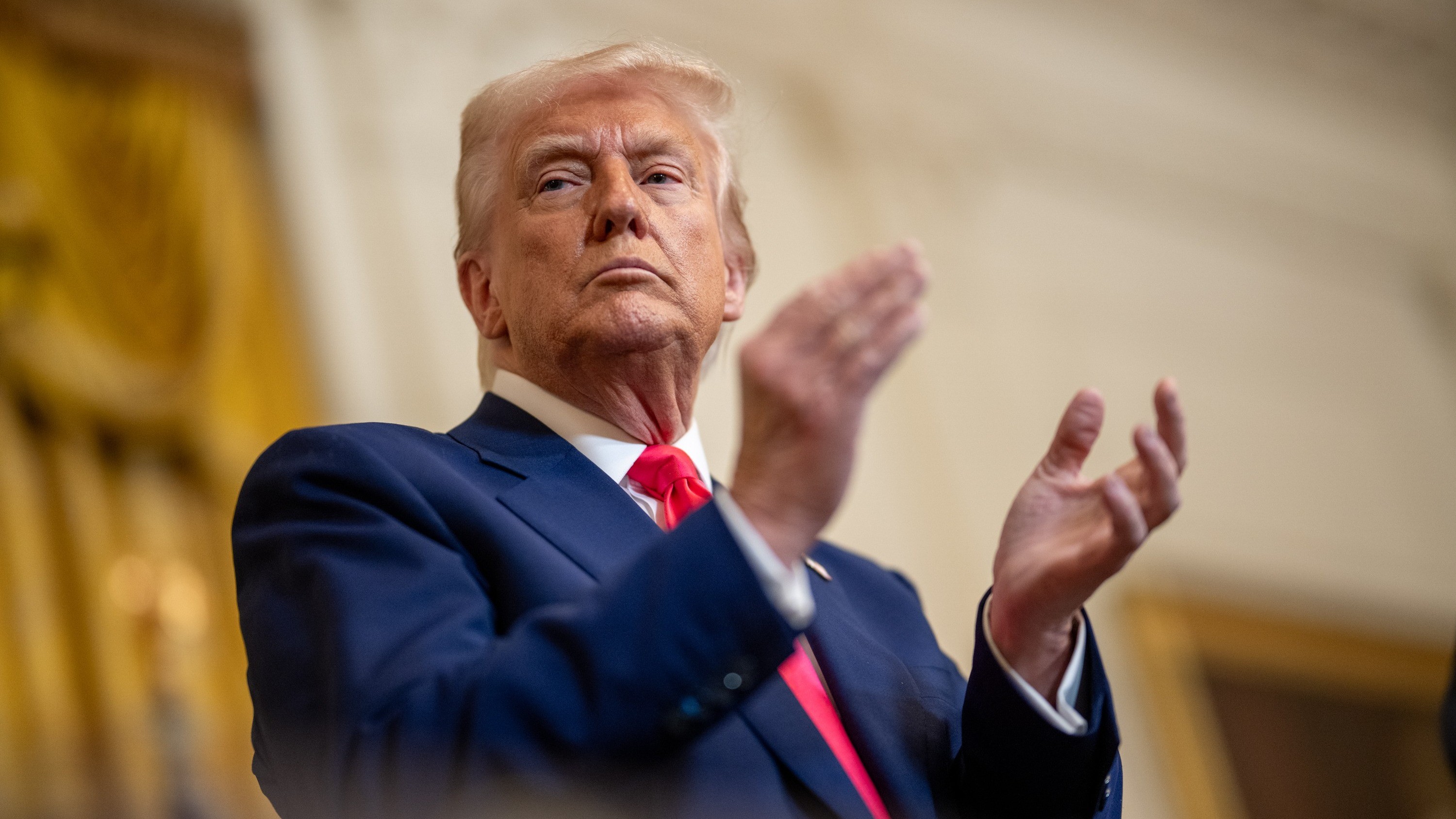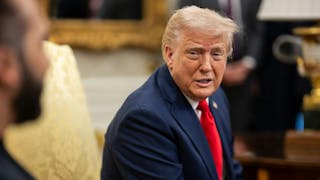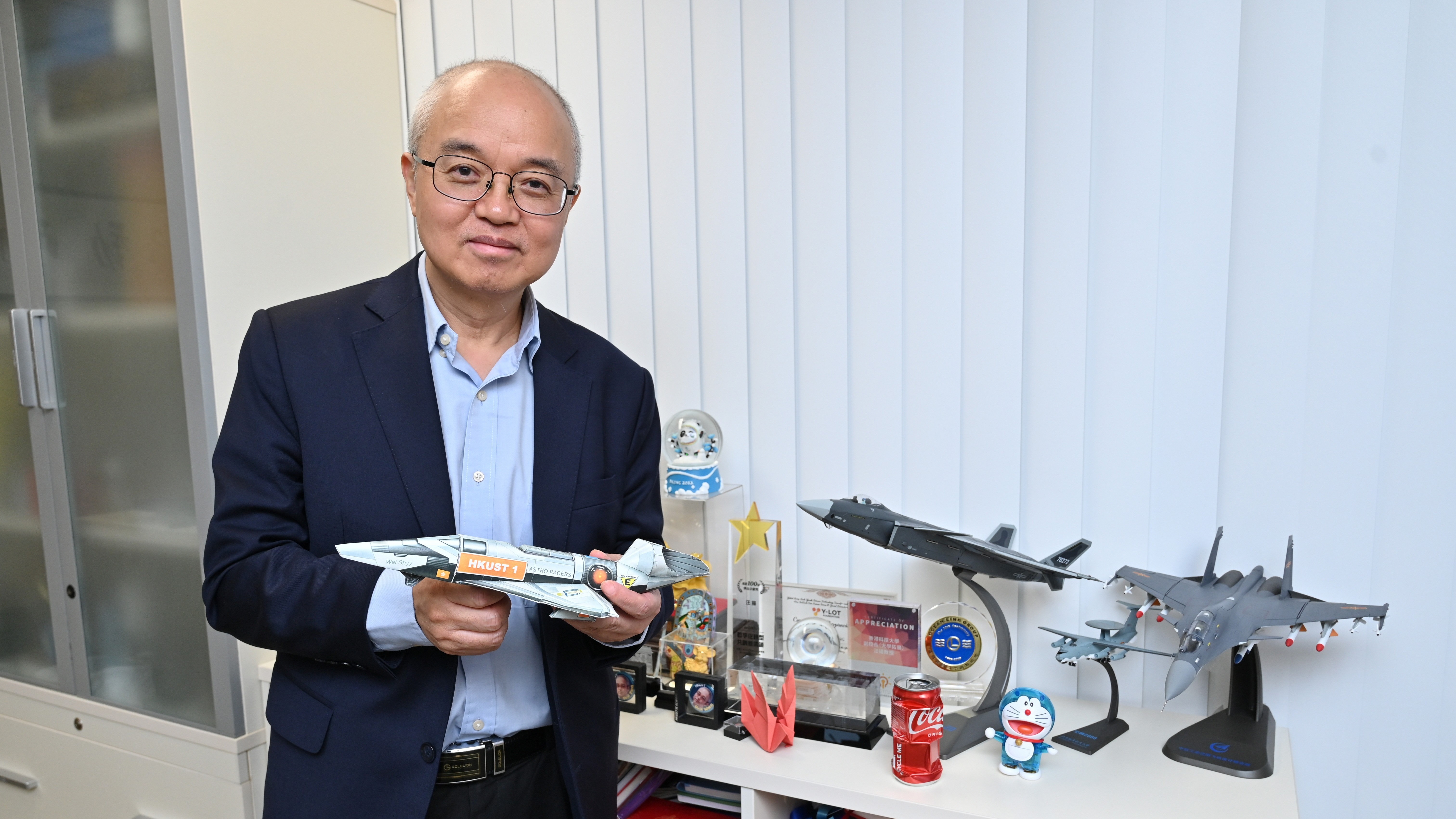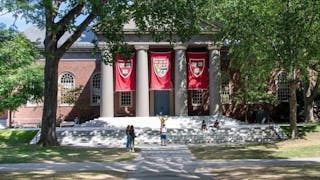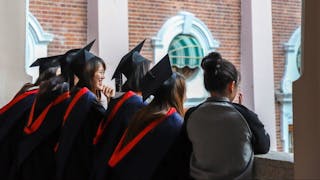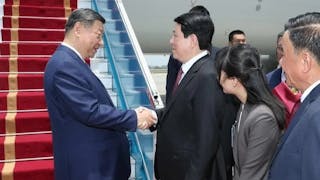對於澳門政協委員在內地省市兩級政協會議上提出的問題,目前的研究不多。本文旨在填補現有報告和分析的空白,並羅列澳區政協委員在內地政治機構中提出的問題類別,顯示他們在參與國家政治過程產生的重要影響。
參與各地政協 提案內容獲表彰
廣州市政協十四屆三次會議1月16日閉幕。大會共收到委員提案852件,其中13名澳門委員共提出16件提案。這些提案包括如何將澳門的金融服務擴展到廣州;兩市如何在藝術文化企業領域合作;兩地如何培養建築人才興建南沙地區:如何提高澳門居民與大灣區的社會融合度;如何幫助在大灣區工作的澳門人;如何使兩市成為聯合中醫藥中心;如何將大灣區打造成世界食品之都;如何強化青年之間的文化互動;如何建構創新的教育模式;如何為海外華人打造歷史文化平台等。
1月22日,廣東省政協十三屆二次會議在廣州開幕。澳區廣東省政協常委有4名,其他委員有26名。30名澳門委員中,有3人獲頒證書,表彰其提案內容。3項提案關注的是如何完善澳門車輛進入內地的政策及其相關配套服務(特別是內地如何能夠較容易地識別澳門車輛牌照);澳門如何與陽江合作促進旅遊發展,以及澳門如何更好地融入大灣區。
其他澳區委員則提出了各種問題。其中包括透過澳門和珠海的平台推廣廣東投資機會;要加強澳門作為產品監管和生產地的地位,以協助葡語企業首次進入內地市場;橫琴與澳門一體化進程中需要更好地分線管理;加速橫琴「澳門新街坊」居住區服務業建設的必要性;推動粵澳青年參與學員交流、學習活動及創新業務發展等。
有澳區委員提出透過澳門與廣東其他景區的對接,促進郵輪旅遊的構想;利用內地國家級體育賽事,吸引澳門和香港積極參與;允許外商免簽進入中國內地6天,以刺激旅遊業及跨境業務;發揮粵澳非物質文化遺產地優勢,促進學校及青少年交流。
一名澳區委員建議粵澳合作成立新博物館,推動跨境展覽與文化藝術聯盟。另一位委員提出橫琴、前海、南沙需要合作,利用澳門和香港的優勢取得境外貿易認證,同時與澳門貿易發展局建立更密切的關係,推動大灣區的貿易和服務自由化。還有澳區委員提出為澳門、香港和大灣區的學校和青年團體設立一站式綜合服務,提供互動、職業規劃指導,吸引澳門和香港青年就業在大灣區。同樣地,一條龍服務最好由另一個站或互聯網平台提供,讓港澳和大灣區的居民查找更多信息,包括支付、過關出入境詳情、休閒、旅遊、身份證件申請、文件認證、社會福利服務、公共衛生服務和就業資訊。
廣東政協當局確實對港澳委員的提案作出了回應。1月23日,廣東省省長王偉中作報告表示,2024年廣東將更好管理港珠澳大橋,不僅方便港澳車輛進入內地,還有內地的汽車南下進入港澳。廣東省政協主席林克慶讚揚港澳委員為推動大灣區高品質發展和港澳融入大灣區提出了具體方案和建設性建議。
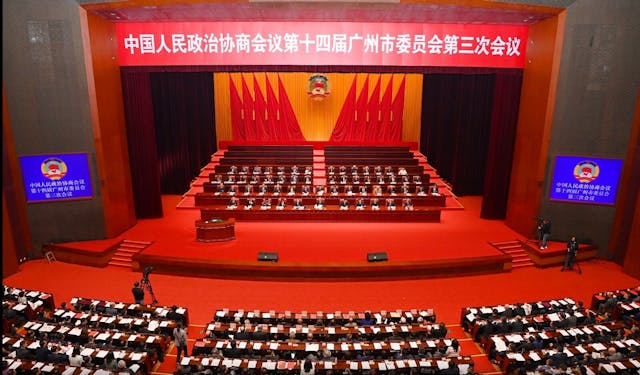
1月22日,海南省政協會議召開,澳區委員7人參加,其中澳區常委2人。會議歷時4天,澳區委員就海南與澳門如何幫助企業相互投資,以及兩地如何促進文化、經濟、社會合作等問題提出議案。
同時,北京市政協會議召開。澳區委員提出多項議案供討論,包括如何推動北京市投資高品質發展(關於如何放寬1億元人民幣以下資金投資要求的細則);如何便利京港澳律師事務所聯合提供法律服務?以及如何透過互訪、訓練、演練和學習,提升澳門和北京消防部門應對突發自然災害的能力。
同時,9名澳區委員參加了1月23日南京市政協會議。他們提出如何加強江蘇連雲港港務局與澳門港務局的合作、如何為與葡語國家的貿易提供更多支持、如何深化兩地食品合作、如何促進澳門港務局的合作等問題。中國白葡萄酒走向國際市場,如何利用澳門這個平台,加強與南京的人才交流和經貿互動。澳門代表提出加強人才、產品、學生交流的議案,建議南京與澳門在文化、旅遊、青年、學術、藝術、商貿等領域結盟,實現雙贏。
1月23日,在上海市政協會議上,9名澳區委員簽署聯合倡議,提出建立國際數字交換平台的議案,推動上海數字經濟發展。該提案旨在促進跨境數位資料移動並保護資料使用中的數字安全。透過增強吸引上海以外數字數據的能力、評估數據評估的品質、提高定價和交易的準確性,可以便利人民幣離岸交易中心的工作。
1月24日,福建省政協會議召開,澳區委員積極參與討論。一位澳區委員表示,閩澳應在中醫藥發展方面更加密切合作,包括開設中醫診所、建立中藥材生產和品質評估研究中心、培養中醫師和專家、加強中醫藥國際化合作,以澳門為平台,向東南亞和葡語國家推廣中醫藥。
同時,其他澳區委員出席了廣州市、青海市、湖南省、上海市、南昌市、天津市、安徽省、廣西壯族自治區、山西省、江西省、浙江省的政協會議。
積極參與會議 足證融入國家
從最近3周澳區委員積極參與內地政協會議來看,深具政治意義。
首先,澳區委員積極參與政協會議,證明了澳門在社會經濟和政治上,更深入地融入國家大局。許多委員提出澳門作為內地省市經貿關係國際化平台的問題。因此,認為澳門仍然是一些內地城市和省份接觸國際社會,特別是葡語國家的「窗口」,這種信念在一些澳區委員的心裏根深柢固。
第二,澳區委員在政協會議上提出的問題主要包括5個方面:(1)如何利用澳門這個平台進一步國際化,如上所述;(二)如何加強澳門民眾與內地人士,特別是青年、商人及專業人士(如中醫、專家)的合作與交流;(三)如何促進雙方合作,拉動服務業、藝術、文化、旅遊等領域的發展;(四)澳門居民及大灣區內地居民對共同平台及網絡服務的需求;(五)如何完善澳門與內地相關省市的跨國治理。少數澳門代表深入討論如何改善內地的治理,例如上海的數字資料發展案例。
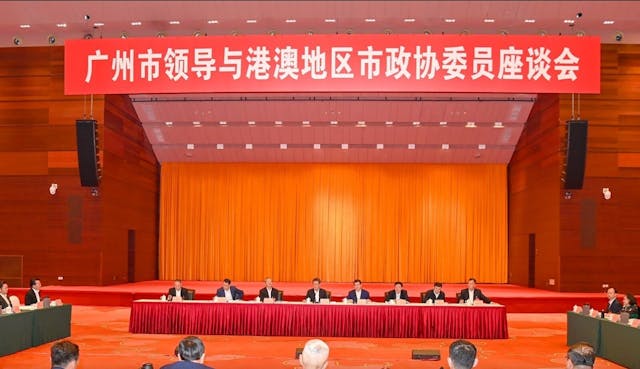
第三,政協委員具有協商性質,其意見的落實很大程度上取決於(一)澳門執政當局與內地主管當局的相互對話;(二)澳門經濟和社會精英與內地的經濟和社會精英之間的討論;(三)內地相關部門的跟進行動。至於內地當局的後續行動,他們會聽取澳門政協委員的意見,並根據重要性和可行性優先考慮他們的想法。過去幾周,廣東省和福建省當局公開承認澳門代表提出的想法的重要性,特別是在大灣區一體化的背景下,這是省級政府積極響應的良好跡象。
近年來,澳門與內地商界、文化界、青年界、專業界等領域的對話與合作十分活躍。然而,就澳門當局與內地當局的合作而言,這或許仍然是一個具有挑戰性的問題,因為跨境政府合作需要足夠的政治意願、持續的溝通、持續的協調工作、高瞻遠矚的眼光,以及中層和頂層更強的領導力。
第四,如果說澳區委員的政治參與是政協委員身份的指標,那麼他們積極參與內地政協會議,則是以獨特而富有成效的方式,展示了他們的國家認同和地方認同的融合。他們的中華民族認同體現在他們闡述與內地和澳門關係有關的各種經濟、社會和文化問題,以及如何進一步改進和完善內地治理的方式中。他們的本土身份仍然牢固地紮根於澳門,澳門被視為內地省市深化現代化、一體化和國際化進程的重要門戶。
總的來說,澳區委員積極參與內地政協會議具有重要的社會、經濟和政治意義。澳區委員在各次政協會議上和諧的政治話語和積極的舉措,顯示澳門的社會、經濟、政治與內地的深度融合已經開始。內地當局對委員們廣泛而豐富的想法作出了積極的回應,認為澳門作為華南地區的一個獨特城市,能夠為內地省市和特別行政區的共治做出貢獻,雖然澳區委員的想法全面、創新、務實、令人印象深刻,但這些豐富的想法如何能夠被相關的執政精英採納,以及這些舉措如何真正逐步轉化為實驗和實踐,仍然是一個挑戰。無論他們積極參與政治的結果如何,他們中國人的身份和澳門本地人身份的結合,無疑在未來幾年澳門與內地持續深化的社會經濟和政治一體化進程中,具有獨特性和建設性。
Political participation of Macau members in Mainland’s CPPCC meetings
Little research has been conducted on the issues articulated by the Macau members of mainland’s Chinese People’s Political Consultative Conference (CPPCC) meetings at the provincial and municipal levels. This article aims to fill in the gap in the existing reports and analyses, showing the categories of issues raised by the Macau delegates in mainland’s political institutions with important implications for their political participation in the People’s Republic of China (PRC).
On January 18, Guangzhou city’s CPPCC 14th meeting ended; it received a total of 852 motions from members in which 16 motions were raised by 13 Macau members. These motions included how Macau’s financial services could be expanded to Guangzhou; how the two cities could cooperate in the areas of arts and cultural enterprises; how the two places could groom architectural talents to build up the Nansha region; how to improve the social integration of Macau people into the Greater Bay Area (GBA); how to help the Macau people working in the GBA; how to make the two cities become a joint Chinese medicine hub; how to shape the GBA into a capital for world food products; how to enhance the cultural interactions among youth; how to build up an innovative education model; and and how to generate a historical and cultural platform for the overseas Chinese (Macau Daily News, January 18, 2024).
On 22 January 22, the Guangdong provincial CPPCC meeting was convened in Guangzhou. There were four Macau members of the CPPCC executive committee and twenty-five other members (Macau Daily News, 23 January 2024). Of the 29 Macau members, three of them were awarded certificates praising the content of their bills. The three bills were concerned about how to improve the policy and its related services for the Macau vehicles that are allowed to cross into the mainland (specifically the mainland can and will identify the Macau vehicle licenses easily), how to make Macau and Yangjiang work together to promote tourist development, and how to integrate Macau better into the GBA.
Other Macau members articulated various issues. These included the promotion of investment opportunities in Guangdong through the platform of Macau and Zhuhai; the need to enhance Macau as a place of product monitoring and manufacturing so as to help Portuguese-speaking companies to enter the mainland market for the first time; the need for better management of the two lines in Hengqin’s integrative process with Macau; the necessity of accelerating the construction of services for the new Macau residential district in Hengqin; and the promotion of youth from Guangdong and Macau to engage in trainee exchange, study activities and innovative business development.
Some Macau representatives proposed the ideas of making cruise tourism flourish through connecting Macau with other scenic spots in Guangdong; utilizing mainland’s national sports events to embrace the active participation of both Macau and Hong Kong; allowing foreign businesspeople to enter mainland China for 6 days with visa exemption to stimulate tourism and cross-border businesses; and taking advantage of the intangible cultural heritage sites in Guangdong and Macau to promote schools and youth exchange.
One Macau delegate suggested that Guangdong and Macau should cooperate to set up a new museum to promote cross-boundary exhibitions and arts and cultural alliances. Another delegate raised the need for Hengqin, Qianhai and Nansha to cooperate and to use the advantages of Macau and Hong Kong to acquire trade certification from outside countries, while forging closer relations with the Macau Trade Development Council to promote trade and services liberalization in the GBA. There was also a Macau representative proposing the idea of setting up a “station” that will provide comprehensive services for schools and youth groups in Macau, Hong Kong and the GBA to interact, find employment information and to attract Macau and Hong Kong youth to work in the GBA. Similarly, “one dragon services” should be ideally provided by another “station” or Internet platform for the residents in Macau, Hong Kong and GBA to find more information for payment, cross-border immigration details, leisure, tourism, identity document applications, document certification, social welfare services, public health services and employment information.
The authorities of the Guangdong CPPCC did respond to the issues raised by the delegates from Macau and Hong Kong. On January 23, the Guangdong provincial governor Wang Weizhong delivered his report and said that Guangdong in 2024 would manage the Hong Kong-Zhuhai-Macau Bridge in a better way to facilitate not only the vehicles from Macau and Hong Kong to go into the mainland, but also the automobiles from the mainland to go southward into Macau and Hong Kong (Jornal San Wa Ou, January 24, 2024). Lin Keqing, the chairman of the Guangdong CPPCC Committee, praised the members from Macau and Hong Kong for putting forward concrete proposals and constructive suggestions to promote high-quality development of the GBA and the integration of Macau and Hong Kong into the GBA (TDM Macau, January 23, 2024).
On 22 January, the Hainan CPPCC meeting convened, including the participation of seven Macau delegates two of which were members of the executive committee. The meeting lasted for four days, and the Macau representatives raised issues on how Hainan and Macau can help their enterprises in mutual investment, and how the two places can promote cultural, economic, and social cooperation (Macau Daily News, January 24, 2024).
At the same time, the Beijing CPPCC meeting was convened. The Macau delegates put forward several bills for discussion, including how to promote high-quality development in investing in Beijing city (the details of how to relax the requirements for people to invest in funds less than 100 million yuan); how to facilitate the provision of legal services of law firms jointly from Beijing, Hong Kong and Macau; and how to enhance the ability of the fire services from Macau and Beijing to deal with sudden natural disasters through mutual visits, training, exercises and study (Macau Daily News, January 24, 2024).
Simultaneously, nine Macau representatives participated in the Nanjing CPPCC meeting on January 23rd. They raised issues such as how to enhance the cooperation between Lianyun Gang’s port authorities and the Macau port authorities, how to provide more support for trade with the Portuguese-speaking countries, how to deepen the food product cooperation between the two cities, how to promote the Chinese white wine into the international market, and how to utilize Macau as a platform for the enhancement of talents exchange and economic and trade interactions with Nanjing. One Macau representative put forward a motion on the enhancement of talent, product, and student exchanges, suggesting that Nanjing and Macau should form alliances in fostering cultural, tourist, youth, academic, art and business sectors so that a win-win situation would be achieved.
In the Shanghai CPPCC meeting on January 23, nine Macau delegates signed a joint initiative to propose a bill on the establishment of international digital exchange platform for the sake of promoting Shanghai’s digital economic development. The bill aimed at promoting the cross-boundary digital data mobility and protecting digital security in data usage. It can facilitate the work of the Renminbi offshore exchange centre by enhancing the ability to attract digital data outside Shanghai, to assess the quality of data assessment, and to improve the accuracy of pricing and transactions.
On January 24, the Fujian CPPCC meeting convened, and Macau delegates actively participated in discussions. One Macau representative said that Fujian and Macau should cooperate more closely in Chinese medicine development, including the opening of Chinese medicine clinic, the establishment of study centres in producing Chinese herbal medicine and assessing its quality, the grooming of Chinese medical practitioners and experts, and the internationalization of Chinese medicine through closer collaboration and through the usage of Macau as a platform to promote Chinese medicine to Southeast Asia and Portuguese-speaking countries.
At the same time, other Macau members attended the CPPCC meetings in Guangzhou city, Qinghai city, Hunan province, Shanghai city, Nanchang city, Tianjin city, Anhui province, Guangxi Zhuang autonomous region, Shanxi province, Jiangxi province, and Zhejiang province.
Judging from the active political participation of the Macau delegates in the mainland’s CPPCC meetings in the past three weeks, it is politically significant.
First, their active participation is a testimony to the deeper socio-economic and political integration of Macau into its motherland, China. Many members raised the issue of Macau as a platform for mainland cities and provinces to be more internationalized in their trade and economic relations. As such, the belief that Macau remains a “window” for some mainland cities and provinces to reach out to the international community, especially the Portuguese-speaking countries, is deep-rooted in the psyche of some Macau representatives.
Second, the issues they raised in CPPCC meetings cover five major areas: (1) how to use Macau as a platform for further internationalization, as mentioned above; (2) how to engage in closer collaboration and exchanges between the Macau people and mainlanders, especially among the youth, businesspeople and professionals (such as Chinese medicine practitioners and experts); (3) how to promote mutual cooperation in stimulating the growth in the service industry, arts, culture and tourism; (4) the need for a common platform and Internet services for the people of Macau and mainlanders in the GBA; and (5) how to improve the cross-boundary governance between Macau and the mainland provinces and cities concerned. A minority of Macau representatives went deep into the discussion of how to improve mainland’s governance, like the case of Shanghai’s digital data development.
Third, CPPCC members are of consultative nature and the implementation of their ideas will depend much on (1) the mutual dialogue of the governing authorities of Macau and their mainland counterparts, (2) the discussion between the economic and social elites of Macau and their counterparts in the mainland; and (3) the follow-up actions from the mainland authorities concerned. In terms of the follow-up actions from the mainland authorities, they take note of the views of the Macau delegates and prioritize their ideas based on importance and feasibility. In the last few weeks, the Guangdong and Fujian authorities have openly admitted the importance of the ideas raised by the Macau delegates, especially in the context of the GBA integration. This is a good sign of governmental responsiveness from the provincial authorities.
In recent years, there have been active dialogue and cooperation among the business, cultural, youth and professional groups between Macau and their counterparts in the mainland. Yet, in terms of the cooperation between Macau authorities and their mainland counterparts, it remains perhaps a challenging issue because cross-boundary governmental cooperation will need considerable political will, constant communication, persistent coordination work, and far-sighted vision as well as stronger leadership at the middle and top levels.
Fourth, if the political participation of Macau delegates is an indicator of the identity of political actors, their active involvement in the mainland’s CPPCC meetings has demonstrated their blend of national and local identities in a unique and productive way. Their Chinese national identity has been exhibited in the ways in which they articulated all kinds of economic, social, and cultural issues related to the relationship between the mainland and Macau, and pertinent to how mainland governance can be improved and perfected further. Their local identity has remained anchored solidly in Macau, which has been regarded as an essential gateway for mainland provinces and cities to deepen the process of modernization, integration, and internationalization.
In conclusion, the active political participation of Macau members in the mainland’s CPPCC meetings is socially, economically, and politically significant. The deeper integration of the society, economy, and polity of Macau into the mainland has already begun with their harmonious political discourse and assertive initiatives in various CPPCC meetings. The responses from mainland authorities to their broad and rich ideas have been positive, embracing Macau as a unique city in South China that can and will contribute to the co-governance of mainland provinces and cities as well as special administrative regions. While the ideas of the Macau members were comprehensive, innovative, practical, and impressive, it remains a challenge to how these rich ideas can and will be taken on board by the governing elites concerned, and how these initiatives will really and gradually be translated into experiments and practices. Regardless of the outcome of their active political participation, their mix of national Chinese and local Macau identity is undoubtedly unique and constructive in the ongoing and deepening process of socio-economic and political integration between Macau and the mainland in the years to come.
原刊於澳門新聞通訊社(MNA)網站,本社獲作者授權轉載。原文網址:http://tinyurl.com/y5re4em9



